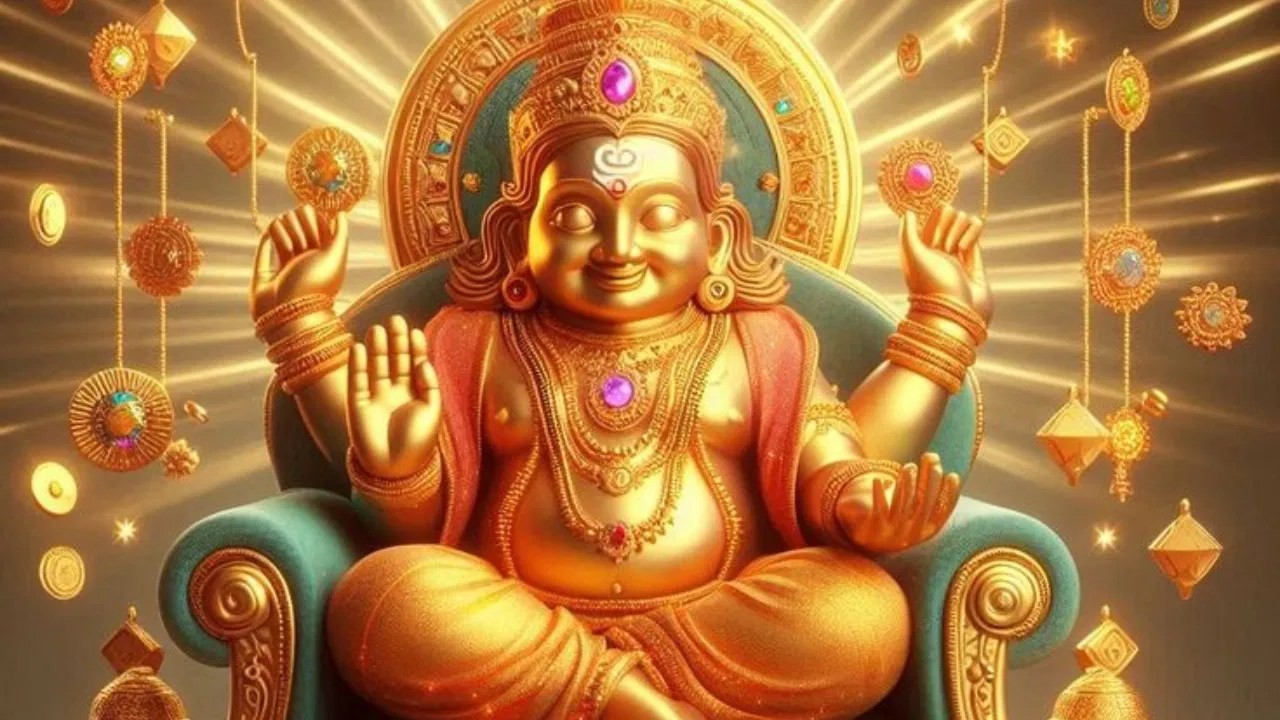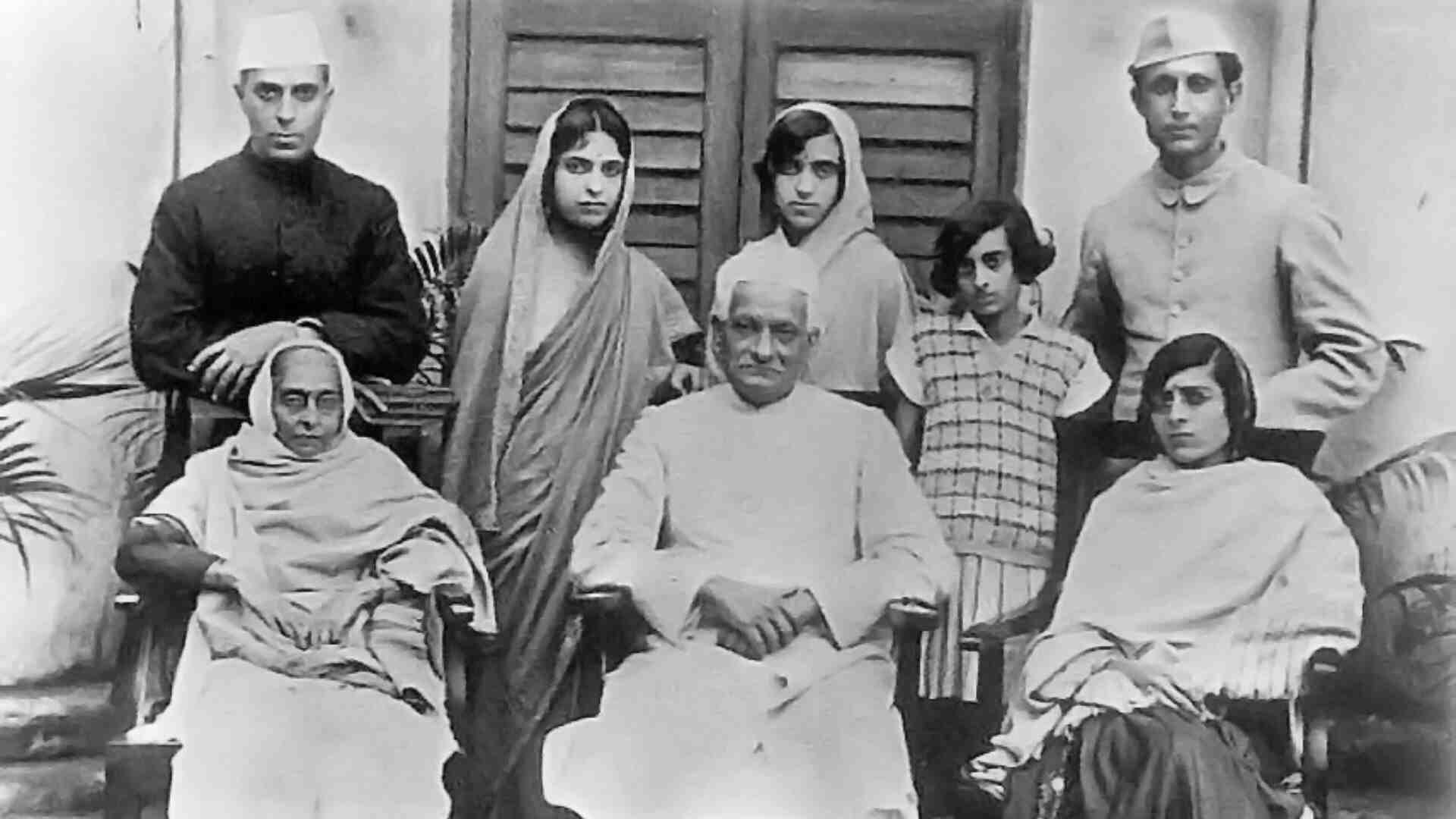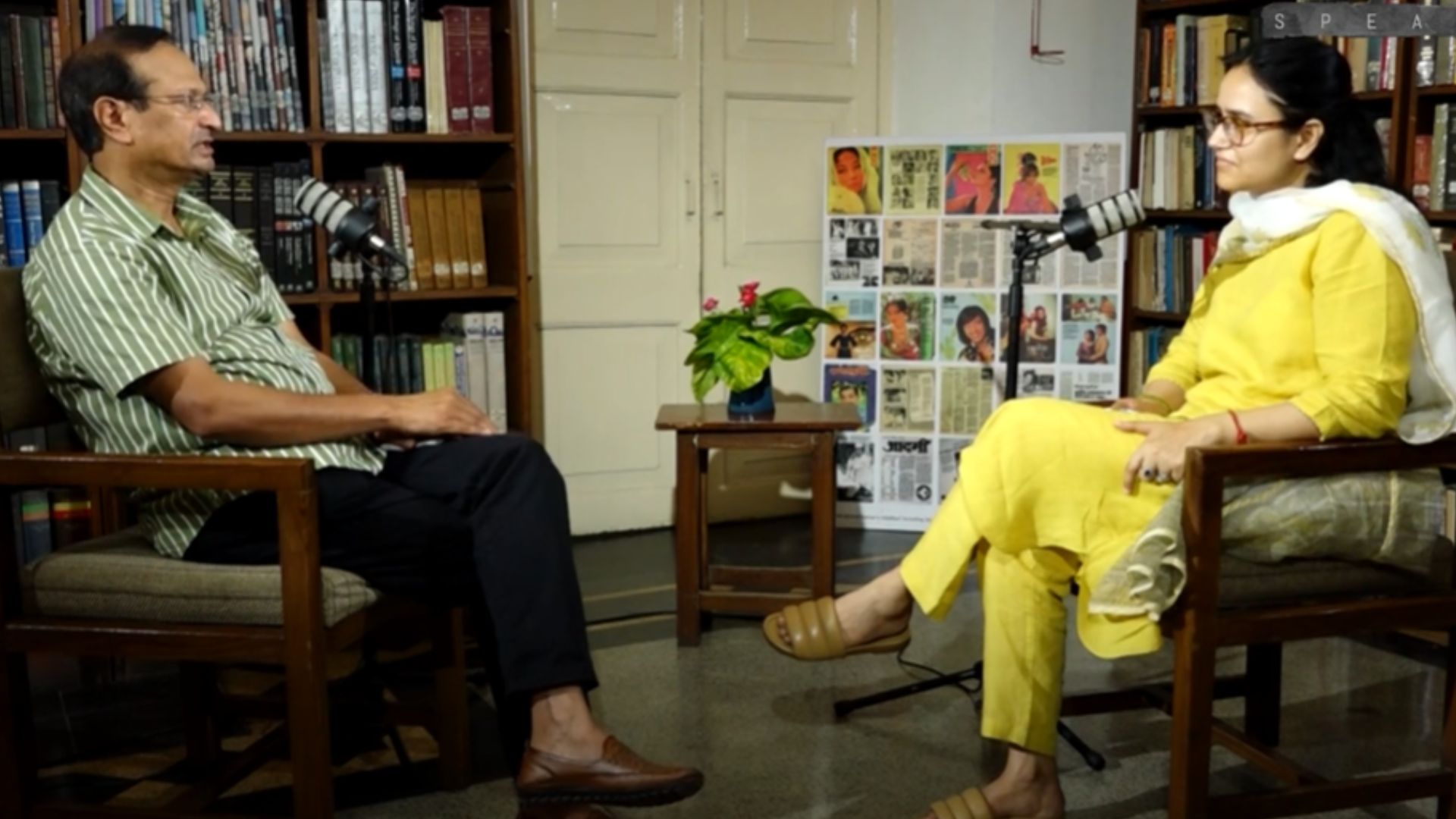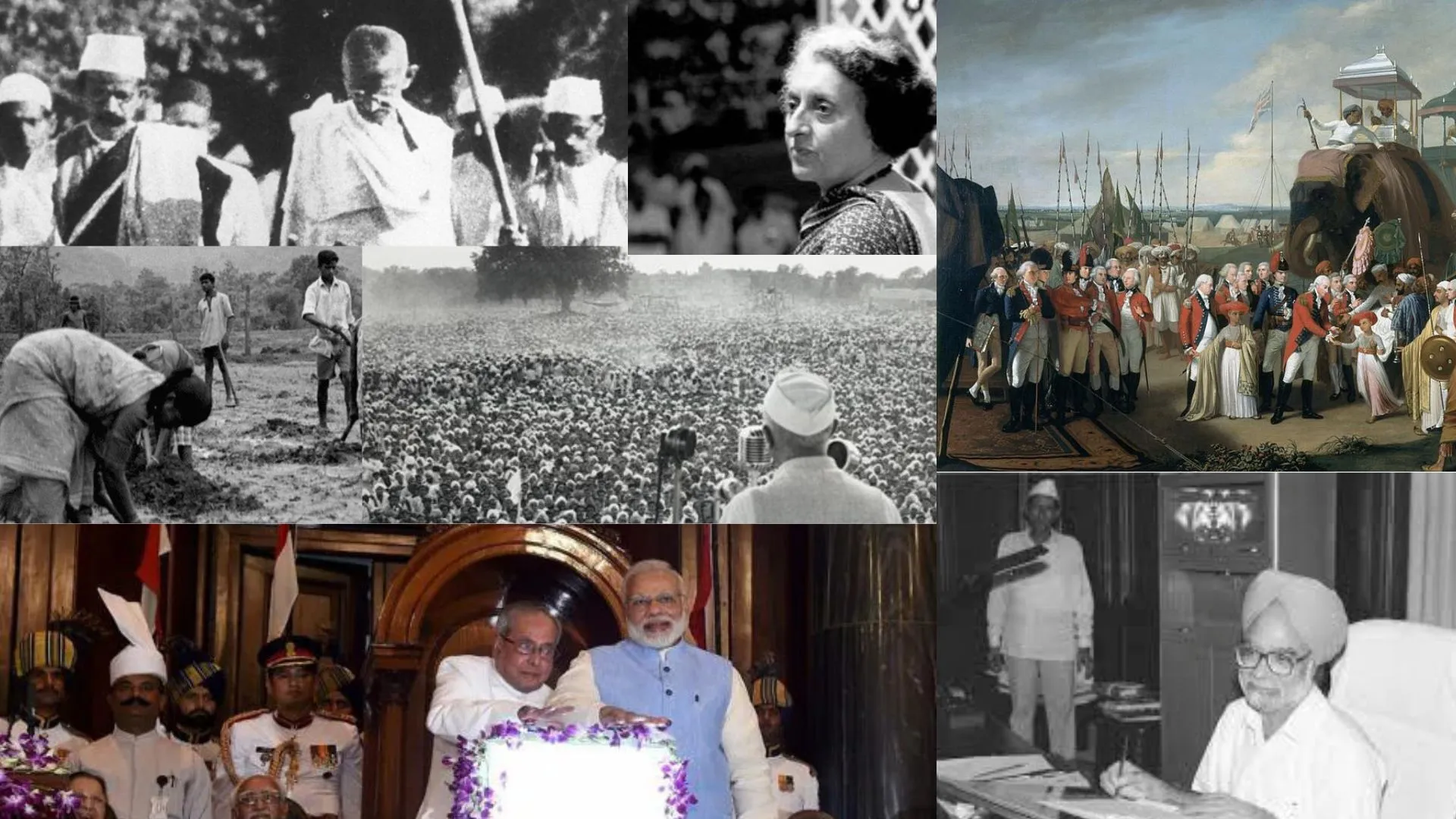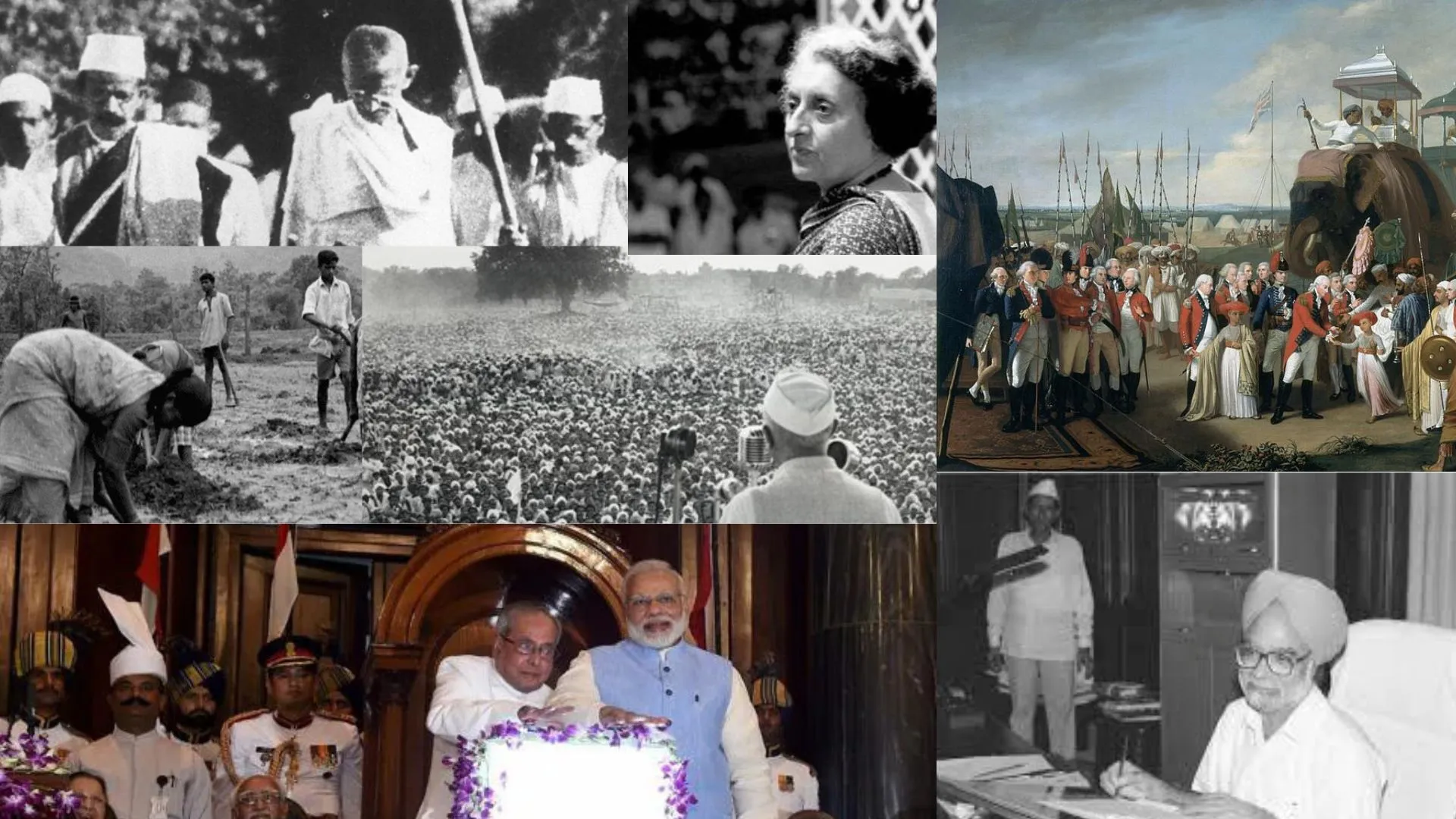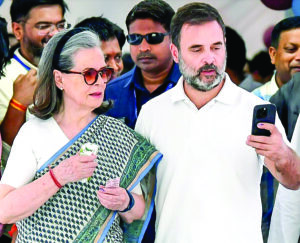While announcing that Rahul Gandhi will retain Rae Bareli constituency, Congress has that Priyanka Gandhi Vadra will contest from Wayanad, which was represented by her brother. If Priyanka wins the polls, Gandhi family will have three of its members in Parliament at the same as Sonia Gandhi is already elected to Rajya Sabha from Rajasthan. While three members of a family in Parliament is unprecedented, it also highlights the dynastic politics, a charge repeatedly thrown at Congress and the Gandhi family. Examining past experiences in India and abroad can help understand why this trend might be detrimental to a healthy democracy.
The halls of India’s Parliament frequently echo with well-known family names. Dynastic politics, where political power is concentrated within families across generations, is a long-standing phenomenon in the country.
The Gandhi family stands out as a prominent example, with Sonia Gandhi and her son Rahul Gandhi having held or contested parliamentary positions, symbolizing significant political influence within a single lineage. However, they are not the only family to wield such influence.
Examining past experiences in India and other countries can help understand why this trend might be detrimental to a healthy democracy.
Weakening Internal Democracy
The dominance of political families can weaken internal democratic processes within political parties. When a single family holds significant sway, it can discourage open debates on policy and leadership selection. Loyalists to the family may be prioritized over candidates with stronger qualifications and differing viewpoints. This stifles the growth of diverse ideas and weakens the party’s ability to adapt to changing political landscapes.
Meritocracy and Public Perception: Potential Drawbacks
Dynastic politics can also undermine the principle of meritocracy in a democracy. If political positions are seen as birthrights rather than earned achievements, it discourages talented individuals from entering politics. The public may perceive such a system as unfair and unresponsive to their needs. This can lead to voter apathy and a decline in trust towards political institutions.
A Look at Some of the Political Families Across India
The Gandhi family is not the only example of dynastic politics in India. Several other families have multiple members holding parliamentary seats. Examples include:
The Banerjee Family (West Bengal): Mamata Banerjee is the current Chief Minister of West Bengal and a former MP. Her nephew, Abhishek Banerjee, is a former MP.
This list is not exhaustive, but it highlights the prevalence of dynastic politics across various regions and political parties in India.
Counter-Arguments and Nuances: A Different Perspective
Proponents of dynastic politics argue that it brings stability and experience to governance. They point out that family members often inherit political acumen and a deep understanding of their constituencies. Additionally, established political families may have strong organizational structures and established connections with voters, which can be advantageous in elections.
However, these advantages can be countered by fostering strong inner-party democracy and promoting meritocratic selection processes. Political parties can establish clear criteria for leadership selection and encourage open contests for positions. Additionally, investing in training and development programs can help groom talented individuals from diverse backgrounds for political careers.
Finding a Balance: Towards a More Vibrant Democracy
Dynastic politics presents a complex challenge for India’s democracy. While it can provide some advantages in terms of experience and voter recognition, its potential drawbacks cannot be ignored. A healthy democracy thrives on diverse representation, open competition for leadership positions, and a strong emphasis on meritocracy. By promoting internal party democracy, encouraging new talent, and fostering a culture of open debate, India can work towards a more vibrant and inclusive political landscape.
The Road Ahead: Change and Continuity
The future of dynastic politics in India remains uncertain. The rise of new social movements and regional parties could potentially challenge the dominance of established families. Additionally, with an increasingly young and educated electorate, a demand for fresh ideas and diverse leadership might gain traction. Whether India can successfully navigate away from dynastic politics and build a stronger foundation for its democratic future will depend on its ability to nurture strong political institutions and encourage a culture of meritocratic participation.
Dynastic politics is a complex phenomenon with a long history in India. While it offers some potential benefits, the drawbacks related to stifling new talent, weakening internal democracy, and undermining meritocracy cannot be ignored. As India’s democracy continues to evolve, finding a balance that ensures strong representation, open competition, and a focus on merit will be crucial for a vibrant and healthy political system.
Beyond Borders: Dynasties on the Global Stage
India is not alone in its experience with dynastic politics. Pakistan, Bangladesh, and Sri Lanka, all nations with close historical ties to India, have also witnessed the rise of political families. In Pakistan, the Bhutto family – Zulfikar Ali Bhutto, his daughter Benazir Bhutto, and her husband Asif Ali Zardari – have all served as Prime Ministers. Similarly, in Bangladesh, the Sheikh Mujibur Rahman family has held significant political power, with his daughter, Sheikh Hasina, serving as the current Prime Minister.
These examples highlight how dynastic politics can transcend national borders and raise similar concerns about democratic representation.
Looking beyond the subcontinent, countries like North Korea, where the Kim family has ruled for three generations, showcase the extreme end of dynastic politics.
Such examples raise concerns about the potential for authoritarian tendencies and a lack of accountability within these regimes.


